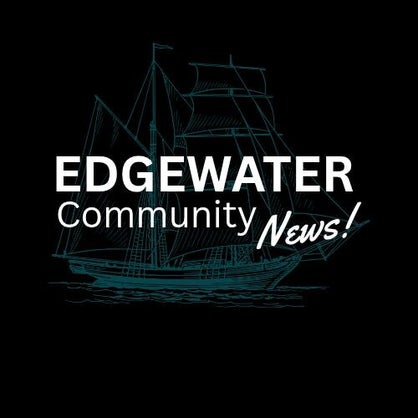
Edgewater, FL — In a sudden and alarming development, the SOUR (Support Outreach and Urban Recovery) Program is slated for elimination, leaving dozens of case managers racing against the clock to obtain certification in order to preserve their funding and continue serving vulnerable populations.
The program, which has long provided essential support services to individuals experiencing homelessness, mental health challenges, and housing instability, is being cut due to budget restructuring and shifting priorities at the state level. The decision has sent shockwaves through local agencies, many of which rely heavily on SOUR funding to maintain staffing and outreach efforts.
⚠️ Certification Scramble
Without SOUR’s umbrella support, case managers must now secure independent certification to remain eligible for state reimbursement. For many, this means navigating a complex and costly process with little guidance or time.
> “We were blindsided,” said one case manager who asked to remain anonymous. “We’ve built our entire outreach model around SOUR. Now we’re being told to get certified or lose our jobs—and the people we serve lose their lifeline.”
The certification process, which includes training modules, testing, and administrative fees, is proving to be a logistical nightmare for smaller organizations already stretched thin.
💬 Community Impact
Advocates warn that the program’s elimination could have devastating consequences for the community. SOUR has been instrumental in connecting residents to housing, healthcare, and employment resources—often serving as the first point of contact for those in crisis.
> “This isn’t just about paperwork,” said Kerry B. Lewis, founder of Read Our Content, a local news initiative focused on transparency and systemic change. “It’s about real people losing access to real help. Cutting SOUR without a transition plan is reckless.”
🛠️ Calls for Action
Local leaders are urging the state to reconsider the cut or at least provide a grace period for certification. Some agencies are exploring emergency funding options, while others are partnering with educational institutions to fast-track training.
> “We need a bridge, not a cliff,” said one nonprofit director. “Give us time to adapt. Don’t punish the people doing the work.”
📣 What’s Next
As the deadline looms, case managers and advocacy groups are calling on the public to voice their concerns to state representatives. A petition is circulating online, and a town hall meeting is scheduled for next week to address the fallout and explore solutions.


Add comment
Comments